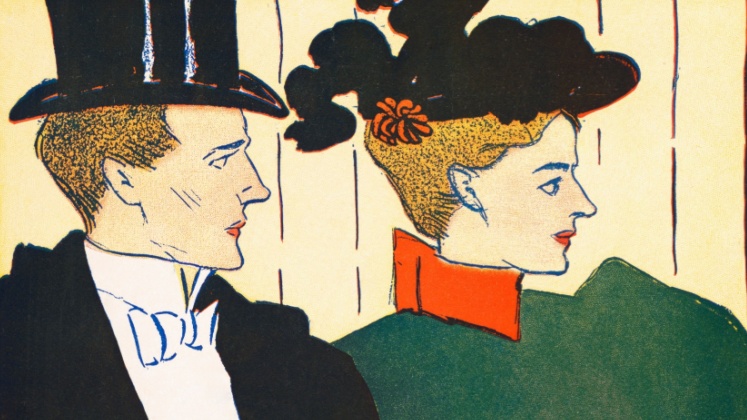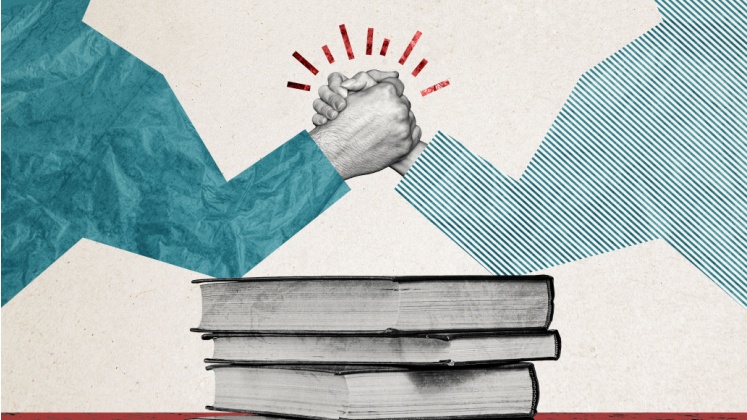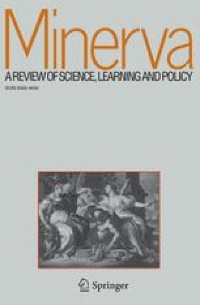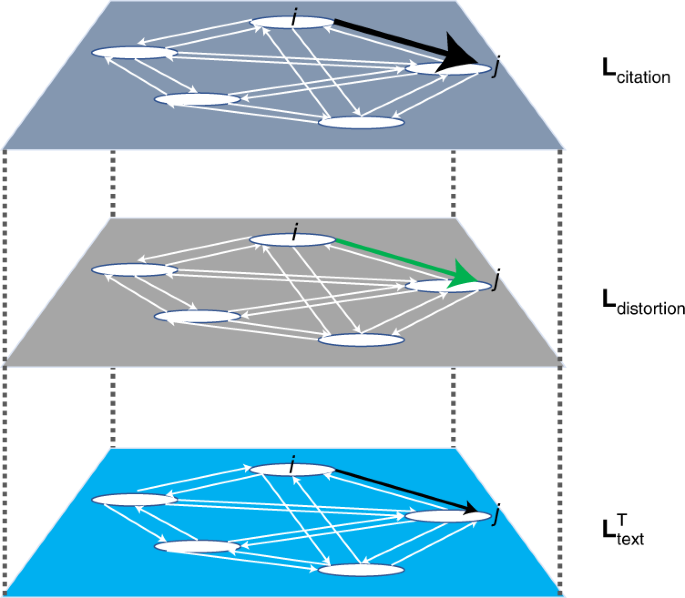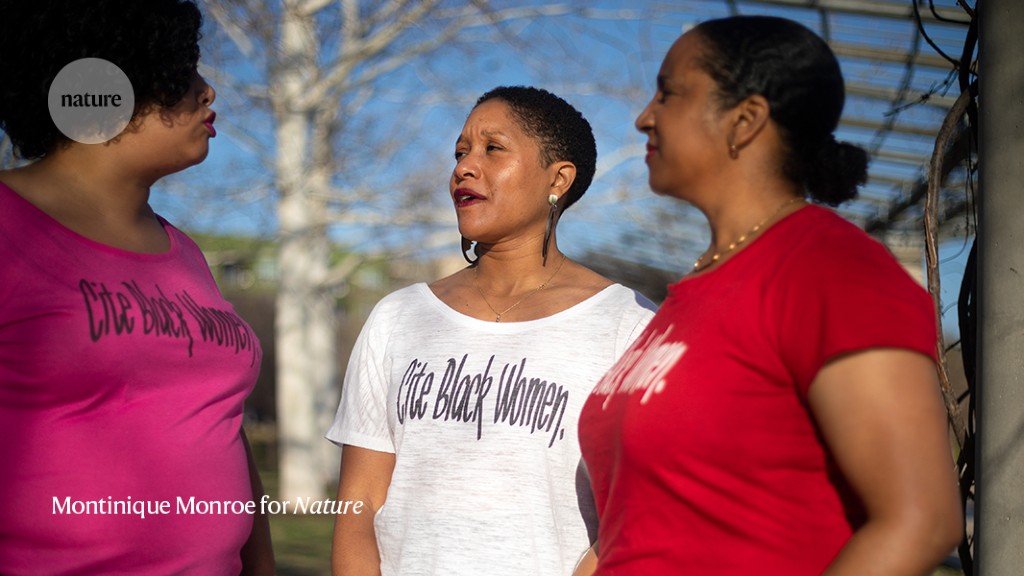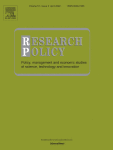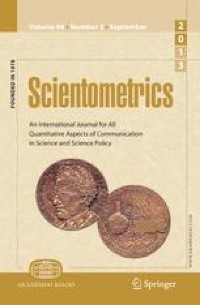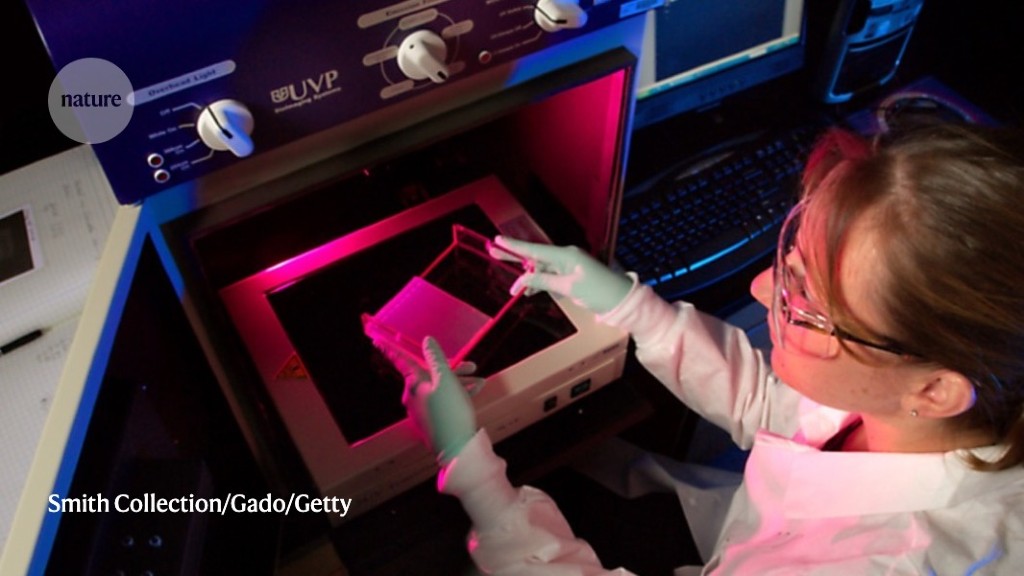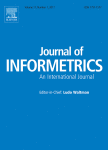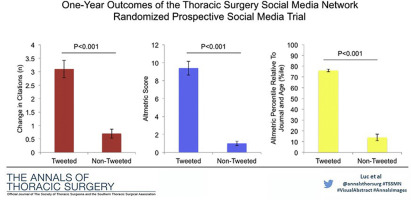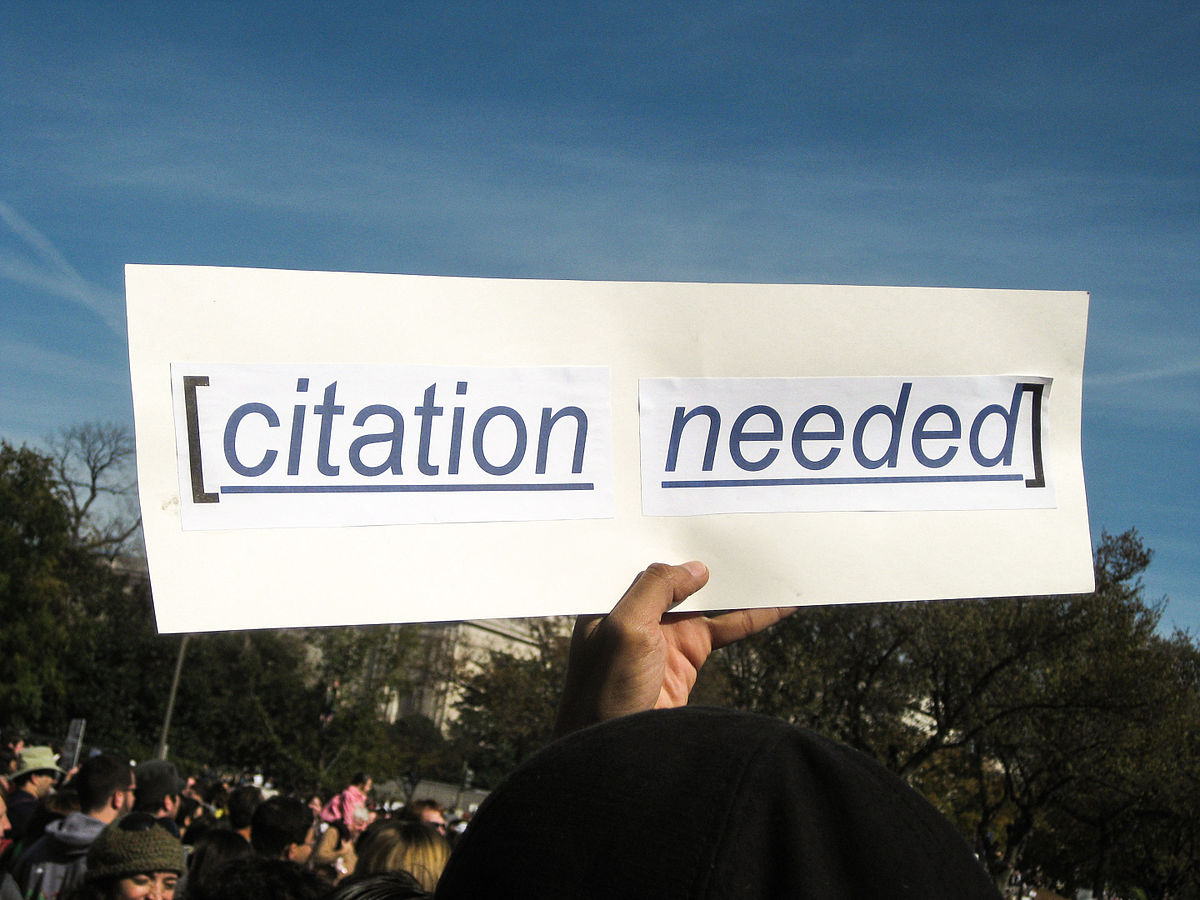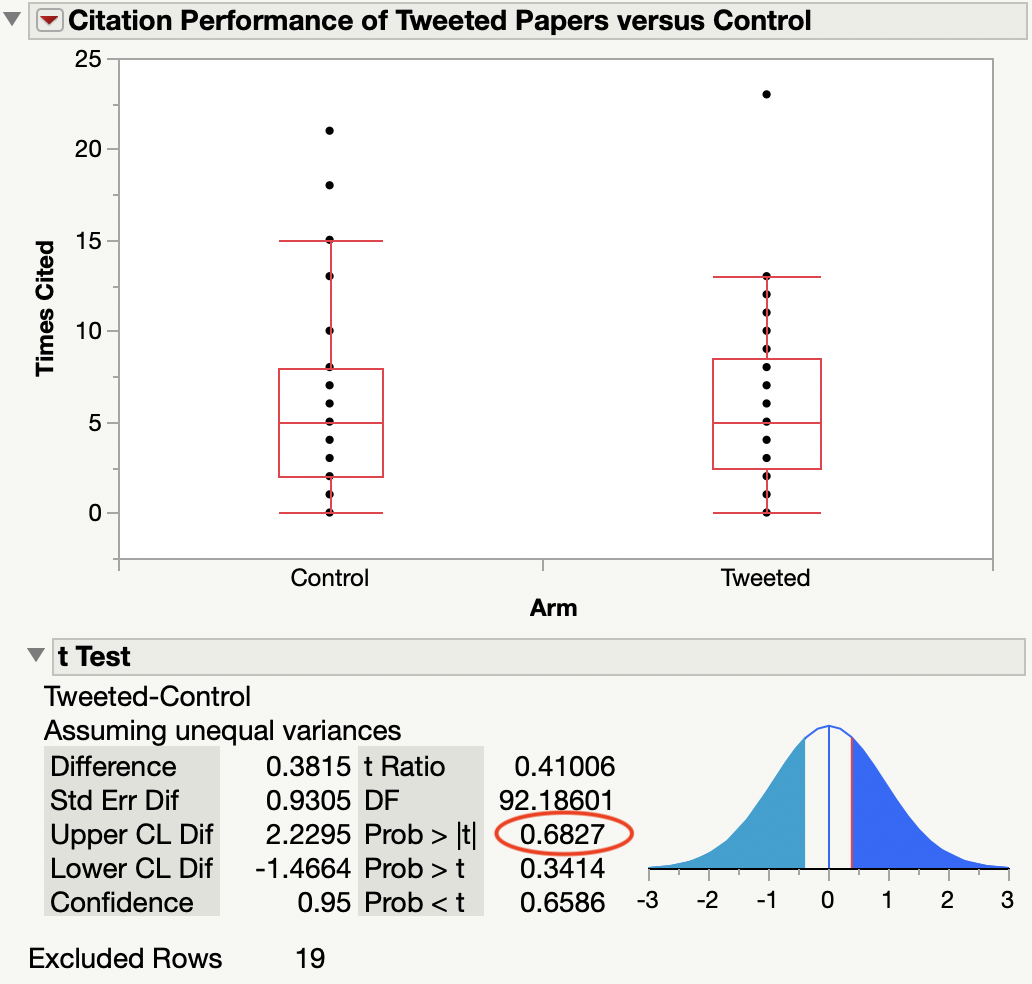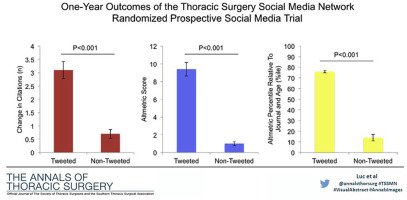We present a large-scale comparison of five multidisciplinary bibliographic data sources: Scopus, Web of Science, Dimensions, Crossref, and Microsoft Academic. The comparison considers scientific documents from the period 2008-2017 covered by these data sources. Scopus is compared in a pairwise manner with each of the other data sources. We first analyze differences between the data sources in the coverage of documents, focusing for instance on differences over time, differences per document type, and differences per discipline. We then study differences in the completeness and accuracy of citation links. Based on our analysis, we discuss strengths and weaknesses of the different data sources. We emphasize the importance of combining a comprehensive coverage of the scientific literature with a flexible set of filters for making selections of the literature.
